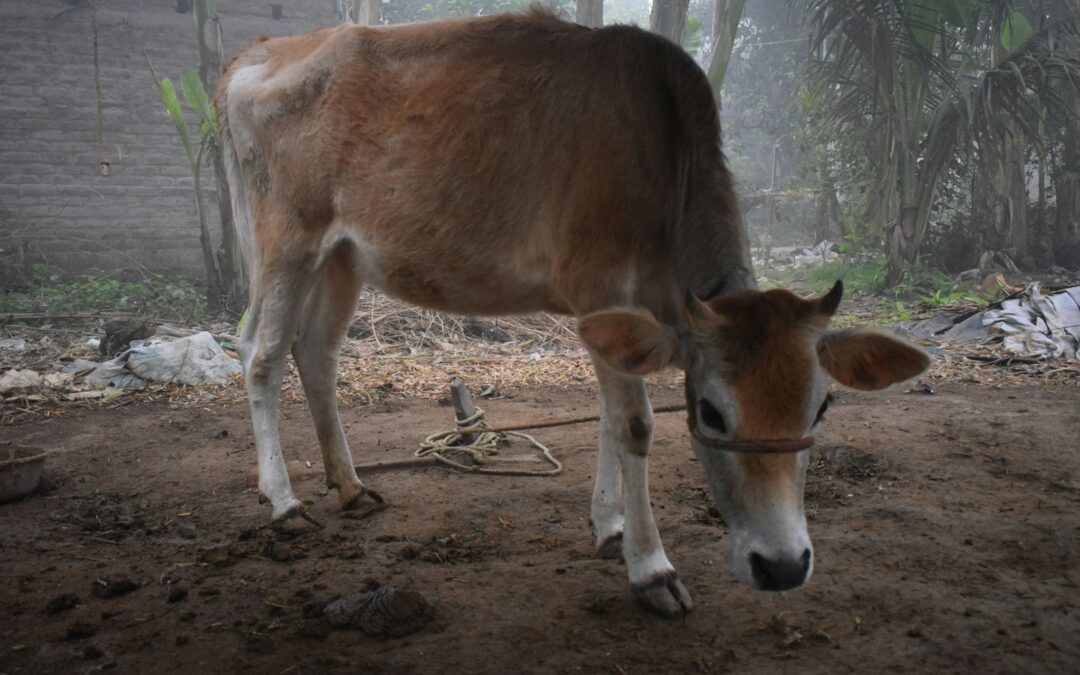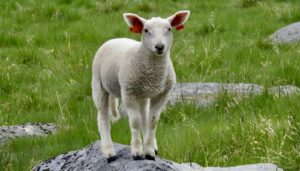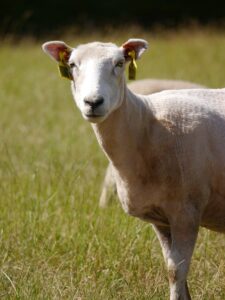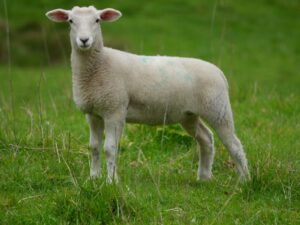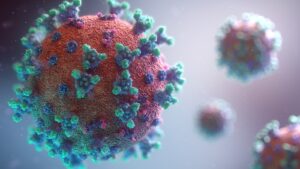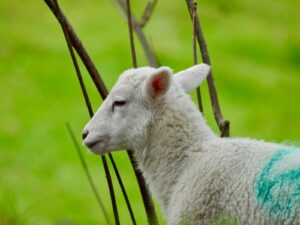Revolutionizing Livestock Practices through IoT Technology
The Role of IoT-Based Livestock Management in Modern Agriculture
IoT-based livestock management is transforming traditional farming practices, offering new levels of resilience and adaptability in managing livestock. In regions like Saudi Arabia and the UAE, where environmental challenges and the need for sustainable practices are prominent, IoT technology provides a crucial advantage. By integrating advanced IoT sensors, data analytics, and automated systems, farmers can monitor animal health, optimize feeding practices, and ensure consistent management across various environmental conditions.
IoT-based livestock management involves the use of interconnected devices that collect real-time data on various aspects of animal husbandry. These devices can monitor vital signs, track movement, and even assess environmental conditions like temperature and humidity, all of which are critical to animal well-being. For example, in Riyadh, where heat stress can significantly impact livestock, IoT sensors can alert farmers when conditions exceed optimal ranges, allowing them to take immediate action to protect their herds. This proactive approach not only improves animal welfare but also enhances the efficiency and sustainability of livestock operations.
Moreover, IoT technology allows farmers to automate and fine-tune their livestock management practices based on real-time data. In Dubai, farmers leveraging IoT-enabled systems can adjust feeding schedules, monitor water intake, and detect early signs of disease, ensuring that livestock are consistently healthy and productive. This level of precision management ensures that livestock operations are resilient to environmental changes and adaptable to the specific needs of the animals.
Improving Livestock Health and Productivity with IoT-Based Solutions
One of the most significant benefits of IoT-based livestock management is the improvement of livestock health and productivity. Traditional livestock management methods often rely on periodic checks and manual interventions, which can be labor-intensive and prone to delays in addressing health issues. IoT technology, however, enables continuous monitoring of livestock, providing farmers with real-time insights into the health and well-being of their animals.
For instance, in the UAE, where livestock farming plays a crucial role in the economy, IoT sensors can be used to monitor the health of dairy cows, detecting changes in behavior that may indicate illness or stress. By identifying these issues early, farmers can intervene promptly, reducing the risk of disease spread and improving overall herd productivity. Additionally, IoT-enabled devices can track and optimize feeding practices, ensuring that each animal receives the right amount of nutrients based on its specific needs. This tailored approach not only enhances the health of the livestock but also boosts milk production and meat quality, leading to better economic outcomes for farmers.
Furthermore, IoT technology supports sustainable livestock management practices that minimize the environmental impact of farming operations. By closely monitoring resource usage, such as water and feed, IoT systems can guide farmers in optimizing these inputs, reducing waste, and promoting more sustainable farming practices. This is particularly important in regions like Saudi Arabia, where water conservation and environmental sustainability are key priorities for the agricultural sector.
Ensuring Resilience in Livestock Management
The deployment of IoT-based livestock management also plays a crucial role in ensuring the resilience of livestock operations. Resilience is vital for maintaining stable and productive livestock farming in the face of environmental challenges, market fluctuations, and other external factors. IoT technology enables farmers to monitor and manage every aspect of their livestock operations, ensuring that they can quickly adapt to changing conditions and maintain consistent levels of production.
For example, IoT systems can track weather patterns and environmental conditions, allowing farmers to adjust their management practices in response to these changes. In Dubai, where livestock farming must contend with extreme temperatures, IoT-enabled cooling systems can be activated automatically when temperatures rise, preventing heat stress in animals. This ability to respond dynamically to environmental conditions ensures that livestock remain healthy and productive, even in challenging climates.
In addition, IoT technology enhances the traceability and transparency of livestock operations, which is increasingly important for meeting regulatory requirements and consumer demands. IoT-enabled devices can track the movement and health history of each animal, providing detailed records that can be used for quality assurance, certification, and compliance purposes. This transparency not only strengthens consumer trust but also supports the resilience of livestock operations by ensuring that they meet the highest standards of animal welfare and food safety.
Strategic Benefits of IoT-Based Livestock Management
Optimizing Resource Use and Sustainability
One of the strategic benefits of IoT-based livestock management is the optimization of resource use, which is crucial for sustainability. In regions like the UAE and Saudi Arabia, where resources such as water and feed are often limited, efficient management is key to successful livestock farming. IoT technology allows farmers to use these resources more effectively, reducing waste and enhancing sustainability.
IoT sensors can monitor water and feed usage in real-time, ensuring that resources are used efficiently and only when necessary. This precise control reduces overconsumption and prevents waste, helping farmers maintain sustainable operations. Additionally, IoT-enabled systems can optimize the use of energy in livestock operations, such as by automating lighting and ventilation systems based on real-time environmental conditions. This sustainable approach not only benefits the environment but also reduces operational costs, making livestock farming more profitable and resilient in the long term.
Enhancing Market Competitiveness with High-Quality Products
IoT-based livestock management also enhances market competitiveness by ensuring that livestock products consistently meet high-quality standards. In the competitive markets of Riyadh and Dubai, where consumers are increasingly demanding premium products, the ability to deliver consistently high-quality meat, milk, and other livestock products is a significant advantage. IoT technology allows farmers to monitor and manage every aspect of livestock production, ensuring that their products stand out in the market.
By using IoT systems to fine-tune feeding, health monitoring, and environmental conditions, farmers can produce livestock products with superior taste, texture, and nutritional value. This precision not only improves the marketability of livestock products but also opens up new opportunities for export, particularly in markets that require stringent quality certifications. In this way, IoT-based livestock management helps farmers in the UAE and Saudi Arabia gain a competitive edge, both locally and internationally.
Future Trends in IoT-Enabled Livestock Management
As technology continues to advance, the future of IoT-based livestock management promises even greater innovations that will further enhance resilience and adaptability in livestock farming. The integration of artificial intelligence and machine learning with IoT systems will enable more sophisticated analysis of livestock data, allowing farmers to make smarter, data-driven decisions. Additionally, advancements in IoT device technology will make these systems more accessible and affordable, encouraging wider adoption across the livestock sector.
In conclusion, the adoption of IoT-based livestock management offers significant benefits for enhancing the resilience and adaptability of livestock operations. By leveraging real-time data and advanced analytics, farmers in regions like Saudi Arabia and the UAE can improve animal health, optimize resource use, and produce high-quality products that meet the demands of modern markets. As IoT technology continues to evolve, its role in livestock farming will only grow, making it an essential tool for the future of sustainable and profitable agriculture.
#IoTLivestockManagement #SmartFarming #AgriculturalTechnology #LivestockResilience #SustainableFarming #IoTSolutions #RiyadhAgriculture #DubaiFarmingInnovation

